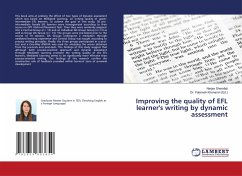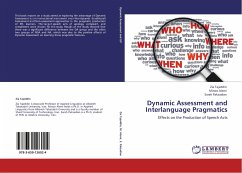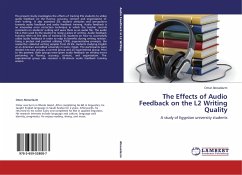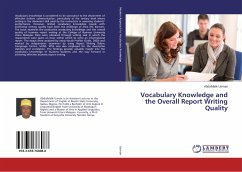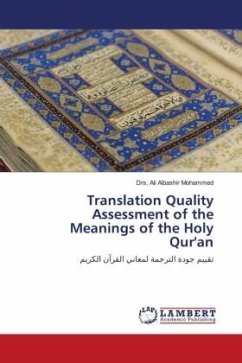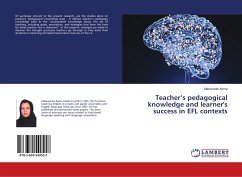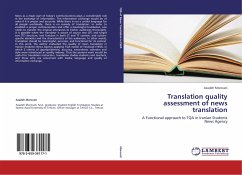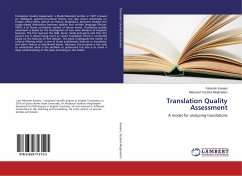This book aims at probing the effect of two types of dynamic assessment which was based on Mediated Learning, on writing quality of upper-intermediate EFL learners. To achieve the goal of this study, 38 pre-intermediate female EFL learners were homogenized according to their scores on OPT (Oxford Placement Test). Then they were randomly assigned into a Control Group (n= 12) and an Individual DA Group Group (n=12) as well as Group DA Group (n= 14). The groups were pre-tested prior to the course of 10 sessions. DA Groups undergone a mediation through mediated learning experience and Control Group was taught according to process writing principles. Finally, the three groups participated in a post-test and a One-Way ANOVA was used for analyzing the scores obtained from the pre-tests and post-tests. The findings of this study suggest that although both process-oriented approach and dynamic assessment through Mediated Learning promote the writing quality of the EFL learners, Mediated Learning seems to be significantly more effective than process-oriented writing. The findings of this research confirm the constructive role of feedback provided within learners' zone of proximal development

